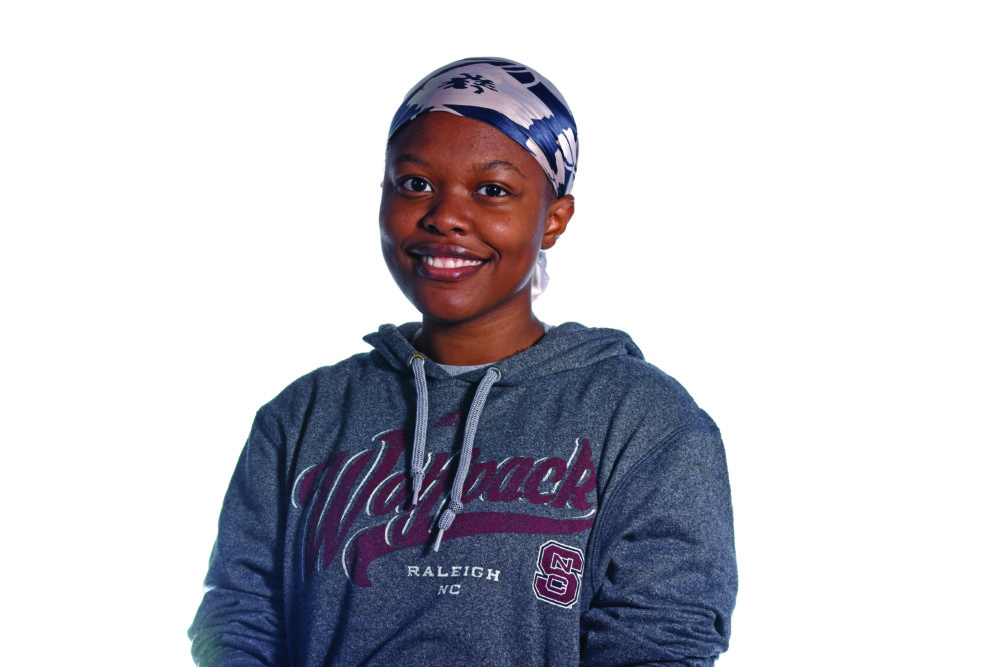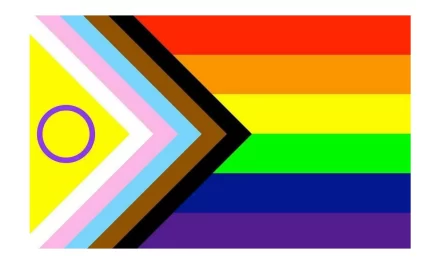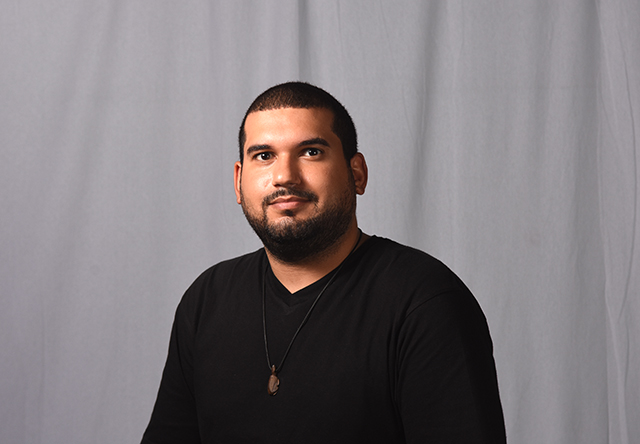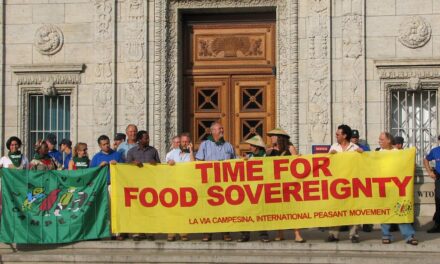Kennysha Woods | Managing Editor
Just like any other topic concerning the prevalence of white supremacy in this country, the debate over the removal of Confederate monuments has sparked many protests across the U.S.—even in North Carolina. Now I can sit here and rehash all the reasons why these monuments need to go (of which there are many) and acknowledge the reasons why they can stay (of which there are none), but chances are, you’ve already made up your mind about that topic.
Instead, I want to shift the discussion towards the protests—specifically, the critique surrounding direct action and its role as a form of social activism. This is partly because of the comments I’ve seen across many news sites calling for severe punishment of protesters who forwent peaceful demonstrations for taking down Confederate monuments themselves, and partly because passive activism just won’t work in the fight against white supremacy.
Note that when I say “direct action,” I’m referring to acts in which activists have demonstrated solutions to the issues they aim to resolve despite opposition from authority and/or the general public.
If you look at American history, you’ll see that we are a country built on direct action against oppression. In the fight against British tyranny, the Sons of Liberty didn’t sit on the Boston Harbor and hold hands around a fire as they sang Kumbaya. They went onto the boats and tossed the tea right into the ocean themselves. Civil rights for Black people weren’t achieved because they remained calm against the police officers hosing them down in the streets. It was the riots that put the movement toward the forefront of American media and made people take those issues more seriously.
Even in today’s society, we see activists preferring direct action to amplify social issues, and we can’t deny the successful results of those actions. After Bree Newsome took down the Confederate flag at the South Carolina state house on June 27, 2015, we saw the permanent removal of the flag shortly after. Or consider the anti-fascist group Antifa whose—admittedly—violent protests have led to a decrease in publicized talks that legitimize and promote white nationalism.
Or take the recent protest at UNC-Chapel Hill surrounding the toppling of Silent Sam, a Confederate statue. After requesting university officials remove the statue to no avail, students and local activists took matters into their own hands and brought Silent Sam down with rope on August 20, 2018.
Now, I’m not advocating for everyone to just go out into the streets and start mass riots in the name of progression. I’m actually a firm believer in keeping the peace for as long as it can be kept. However, I find the critiques against violence in social activism hypocritical. We don’t advocate for the arrests of football fans when they trash business and flips cars over because their favorite team won the Super Bowl in the same way that people are vying for the identities and detainment of those responsible for bringing down symbols of hate.
Furthermore, a more radical form of activism is needed when the main goal of a movement is to dismantle the social institutions that allow for the oppression of marginalized groups—institutions that permit the powerful to commit violence against these groups.
Removing Confederate monuments isn’t some attempt to bury history. These monuments aren’t a symbol of pride and honor. They’re constant reminders of one of the darkest periods in American history, a time where anti-black racism was accepted in the South and allowed the heinous treatment of Black people without reservation.
Fights for freedom have never been without “violent” activism. Although “violent” activism presents an affront to our moral standards, it has continuously been a useful tool for the marginalized to express their frustrations that come with living in an oppressive society.
And while I do believe in our capability to peacefully strive for equality, the belief is just not realistic, because at the end of the day, it’s not about what we can do to end oppression. It’s about what works.





